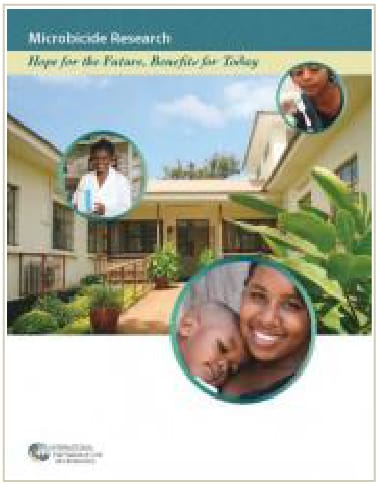Community Engagement

Photo: Geoff Oliver Bugbee
Clinical research must be conducted in full partnership with the countries and communities hosting the clinical trials.
Partnering With Local Communities
IPM works closely with local research center partners in all aspects of clinical trial planning, including protocol development, approvals and implementation.
Reaching out to Communities
Community involvement is essential because health policy is often heavily influenced by public opinion, and potential new HIV prevention methods cannot be effectively studied without the support of the surrounding community.
IPM supports its research center partners in developing and implementing community engagement plans designed to build broad community support for and understanding of microbicides and IPM research studies.
The cornerstone of this outreach is a set of extensive community outreach activities designed to:
- Ensure respect for the social, cultural and political realities of the areas where microbicide clinical trials take place
- Ensure a supportive environment for the microbicide trials and the women volunteering to participate in the research
- Increase research literacy and general awareness about HIV prevention, and maximize opportunities for dialogue about the design and implementation of research trials
- Foster trust with the community, and provide opportunities for community feedback
Establishing and Working With Community Advisory Mechanisms
Every IPM research center partner works closely with a formalized Community Advisory Board or Group (CAB/CAG). CABs and CAGs help the research centers quickly consult with a diverse group of people who are representative of the general population.
They also help research center staff engage community members as equal partners and understand their perspectives.
